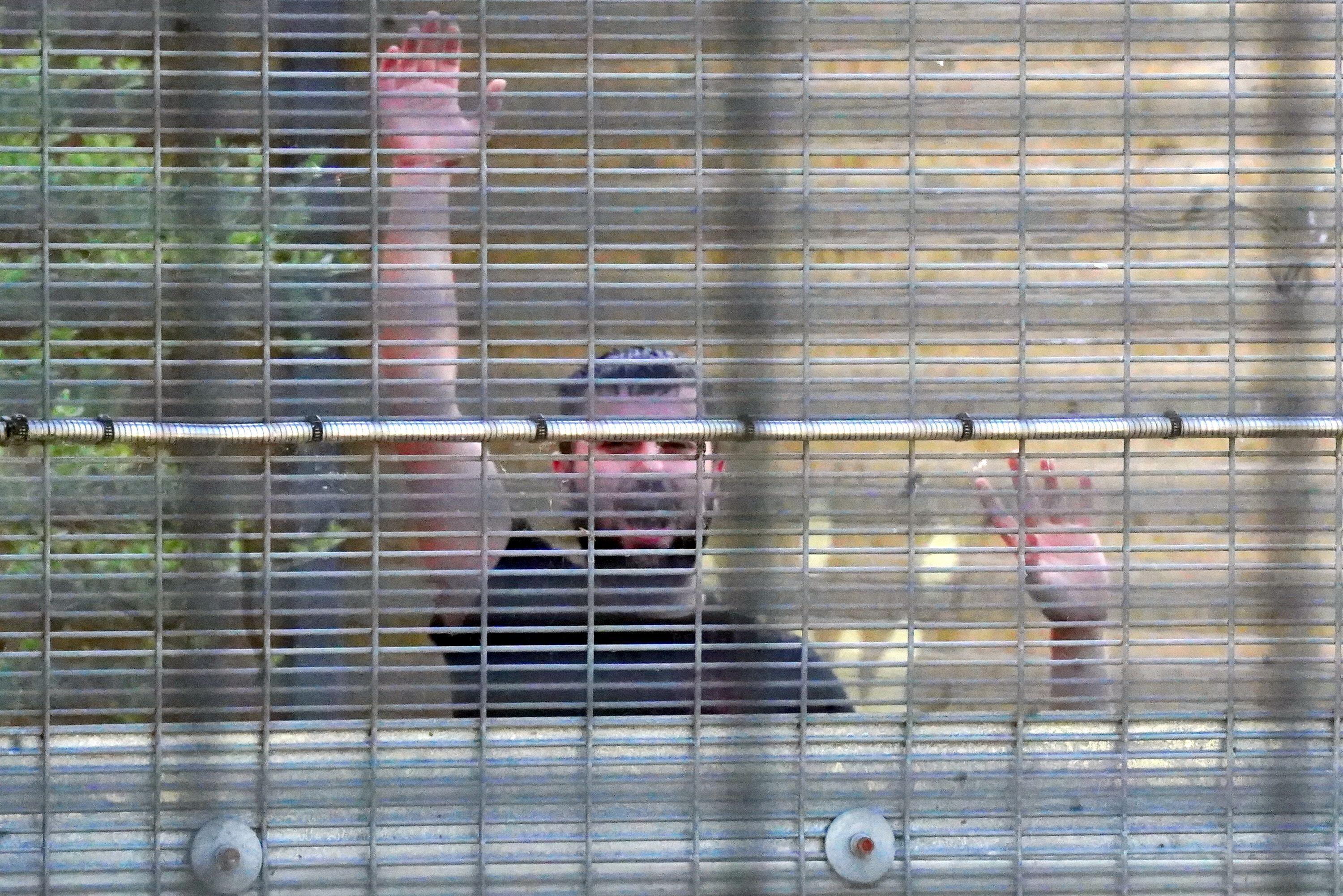Use of force to “provoke and punish”; force used in such a way that it might kill; inhuman and degrading treatment; dehumanisation; racist abuse. These are detailed in the report of the inquiry into abuse of people incarcerated at Brook House Immigration Removal Centre (IRC) in 2017. The inquiry followed a panorama documentary in which a detention custody officer turned whistleblower collaborated with the BBC to collect evidence of abuse there. The documentary shocked viewers. It shook and embarrassed the government. The inquiry it birthed finds that abuse was “even more widespread” than the documentary showed. Furthermore, the timeframe and scope of the inquiry, and its capacity to definitively establish events, is limited. What it shows is, inevitably, just the tip of the iceberg. The report exposes a culture that revels in humiliating human beings whilst acting with cavalier disregard for human life. It is horrifying. But it is not surprising.
This culture, and events like this, are not anomalous. They are not new. The inquiry chair herself notes, or perhaps laments, “My report comes as the latest in a long line of reports and investigations into immigration detention – many, with depressing regularity, making broadly similar findings and recommendations. It has long since been time to act on recommendations, rather than simply keep repeating them.” This report is the latest in a wide body of evidence of the harm caused by immigration detention, and the dehumanisation that is enacted there, and has been, in detention centres right across the UK, for decades. They are also not historical.
This inquiry itself highlights much later and ongoing problems at Brook House, including widescale detention there of “particularly vulnerable people” in 2020, with self-harm being especially prevalent. This was in aid of a mad rush to shove people onto charter flights. The resulting sense of desperation was readily predictable – indeed the situation could have been designed to produce it. We at JRS have seen through our own work the conspicuous absence of justice when people are rushed towards removal, hidden behind the walls of a detention centre. And earlier this year, Frank Ospina died in Colnbrook IRC, in what looks likely to have been suicide; and six men attempted mass suicide in Harmondsworth IRC. Six years after the abuse at Brook House first came to public attention, detention continues to destroy human lives.
Yet, since the events at Brook House came to light, the government has embarked on a determined expansion of the detention estate. It has opened a new detention centre, and plans to reopen two that were previously closed. The Illegal Migration Act gives the government sweeping new powers to detain people arbitrarily, prevents people subjected to detention from applying to a court for bail for the first 28 days, and even reintroduces the routine and indefinite detention of children. The Brook House Inquiry report shows us, yet again, how dangerous this is.
As a society we urgently need to learn from the inquiry into Brook House. And it is important to really examine what the abuse at Brook House teaches us. In Brook House, we hear once again painful stories of humanity that is overlooked, power is abused, relationships are broken. These stories are depressingly familiar. And they are so because incarcerating people for the administration of immigration procedures is inherently dehumanising. As one refugee who contributed to JRS UK’s research a few years ago told me, “I did not feel like a person while I was there”. It is distorting for human relationships for one group of people to enact the detention of others on the basis of their immigration status. And detention itself creates vulnerability, so it’s little wonder that safeguarding of vulnerable people within detention so routinely fails. We don’t need to detain people to manage immigration. We most certainly don’t need to enshrine detention at the heart of our response to sanctuary seekers, as the Illegal Migration Act does. We need to end detention.



 Loading ...
Loading ...
What do you think?
You can post as a subscriber user ...
User comments (0)